Assertion. Alkynes are more reactive towards nucleophilic addition reaction as compared to alkenes
Reason. Alkynes contain two pi bonds, while alkenes have only one pi bond
If both assertion and reason are true, and reason is the true explanation of the assertion.
If both assertion and reason are true, but reason is not the true explanation of the assertion.
If assertion is true, but reason is false.
If both assertion and reason are false
The correct Answer is:C
To analyze the assertion and reason provided in the question, we will break down the concepts of reactivity in alkynes and alkenes, focusing on their structure and bonding.
1. Understanding the Assertion:
- The assertion states that "Alkynes are more reactive towards nucleophilic addition reactions as compared to alkenes."
- This is true. Alkynes, which contain a triple bond (consisting of one sigma bond and two pi bonds), are indeed more reactive towards nucleophilic addition reactions than alkenes, which contain a double bond (one sigma bond and one pi bond).
2. Understanding the Reason:
- The reason given is "Alkynes contain two pi bonds, while alkenes have only one pi bond."
- This statement is also true. Alkynes have two pi bonds due to the triple bond, while alkenes have only one pi bond due to the double bond.
3. Analyzing the Relationship:
- While both the assertion and reason are true, the reason does not correctly explain why alkynes are more reactive than alkenes in nucleophilic addition reactions.
- The increased reactivity of alkynes can be attributed to the hybridization of the carbon atoms involved. Alkynes have sp hybridized carbons, which are more electronegative and can better stabilize the negative charge developed during nucleophilic addition compared to sp² hybridized carbons in alkenes.
4. Conclusion:
- Therefore, both the assertion and reason are true, but the reason is not the correct explanation for the assertion.
Final Answer:
- Assertion: True
- Reason: True
- Explanation: The reason is not the correct explanation for the assertion.
- The assertion states that "Alkynes are more reactive towards nucleophilic addition reactions as compared to alkenes."
- This is true. Alkynes, which contain a triple bond (consisting of one sigma bond and two pi bonds), are indeed more reactive towards nucleophilic addition reactions than alkenes, which contain a double bond (one sigma bond and one pi bond).
- The reason given is "Alkynes contain two pi bonds, while alkenes have only one pi bond."
- This statement is also true. Alkynes have two pi bonds due to the triple bond, while alkenes have only one pi bond due to the double bond.
- While both the assertion and reason are true, the reason does not correctly explain why alkynes are more reactive than alkenes in nucleophilic addition reactions.
- The increased reactivity of alkynes can be attributed to the hybridization of the carbon atoms involved. Alkynes have sp hybridized carbons, which are more electronegative and can better stabilize the negative charge developed during nucleophilic addition compared to sp² hybridized carbons in alkenes.
- Therefore, both the assertion and reason are true, but the reason is not the correct explanation for the assertion.
- Assertion: True
- Reason: True
- Explanation: The reason is not the correct explanation for the assertion.
Topper's Solved these Questions
- BOOK - PRADEEPCHAPTER - HYDROCARBONSEXERCISE - Competition Focus (JEE(main and advanced)/Medical Entrance) VII.NUMERICAL VALUE TYPE QUESTIONS1videos
HYDROCARBONS
- BOOK - PRADEEPCHAPTER - EQUILIBRIUM IN PHYSICAL AND CHEMICAL PROCESSESEXERCISE - Competition Focus (Jee(Main and advanced)/Medical Entrance) VIII. ASSERTION - REASON TYPE QUESTIONS (TYPE - II)10videos
EQUILIBRIUM IN PHYSICAL AND CHEMICAL PROCESSES
- BOOK - PRADEEPCHAPTER - HYDROGEN EXERCISE - COMPETITION FOCUS (Assertion-Reason Type Questions) Type 215videos
HYDROGEN
Similar Questions
Knowledge Check
- Question 1 - Select One
Which one is most reactive towards nucleophilic addition reaction?
A B
B C
C D
D
- Question 2 - Select One
Which one is most reactive towards nucleophilic addition reaction ?
ACCl3−CHOBCH3−CO−CH3C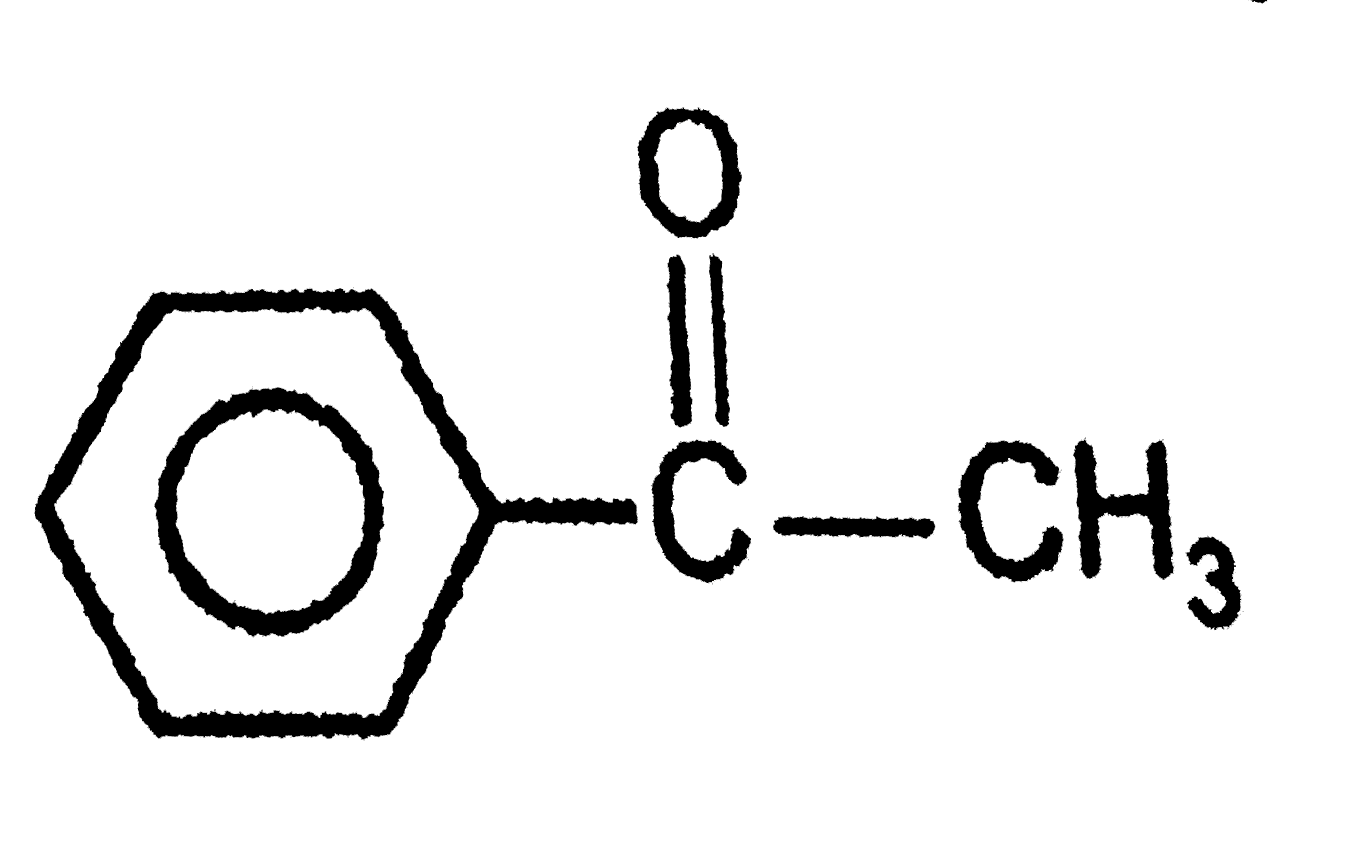 D
D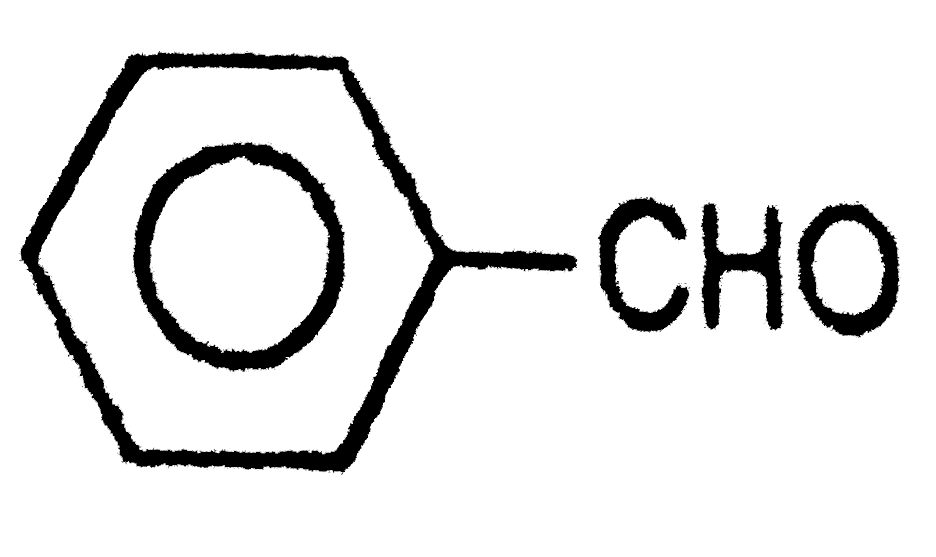
- Question 3 - Select One
Which one is most reactive towards nucleophilic addition reaction?
A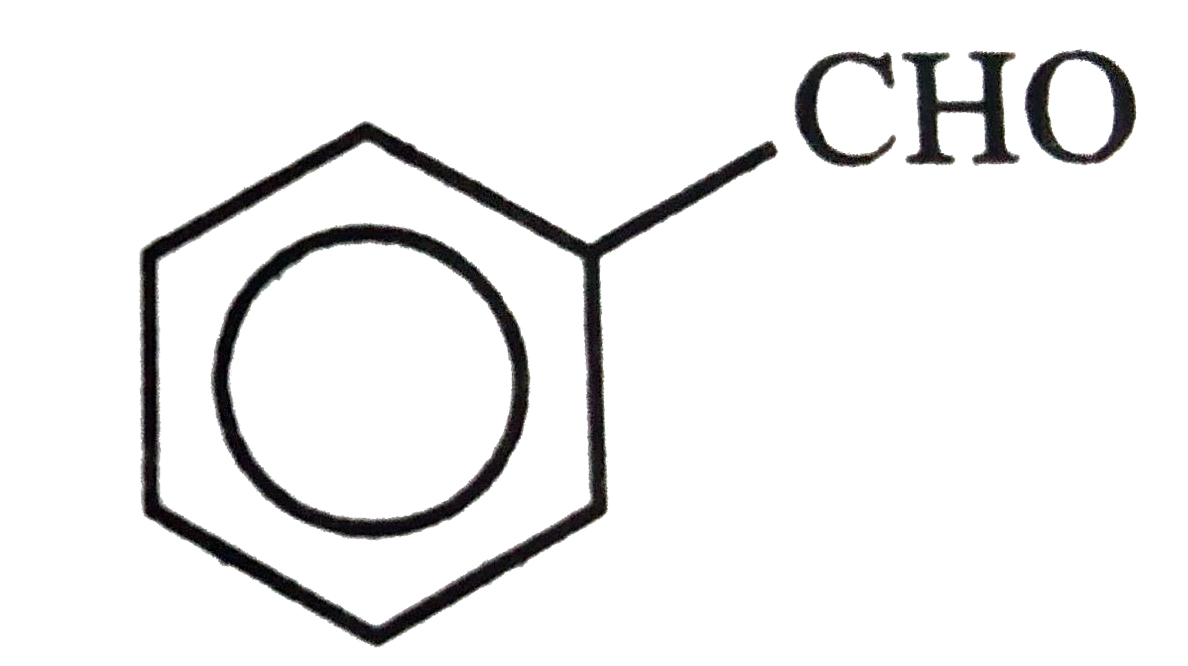 B
B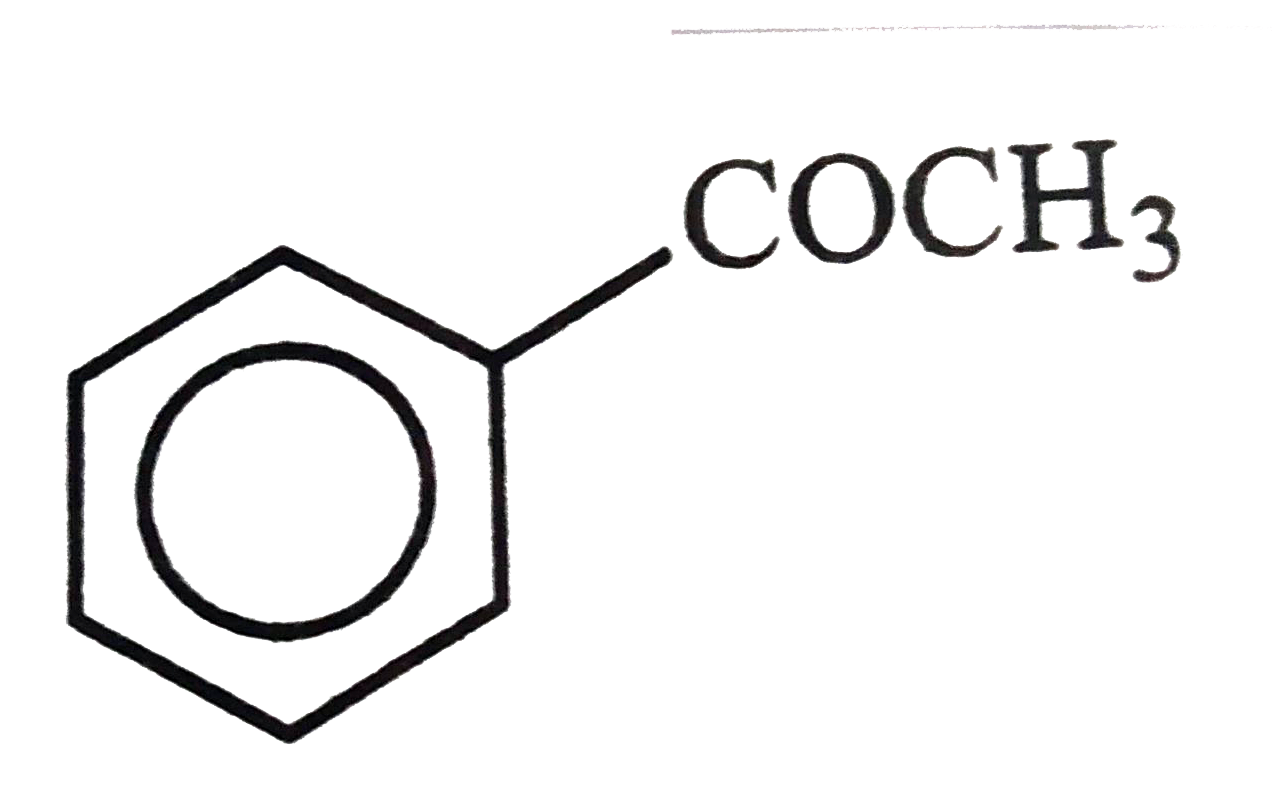 C
C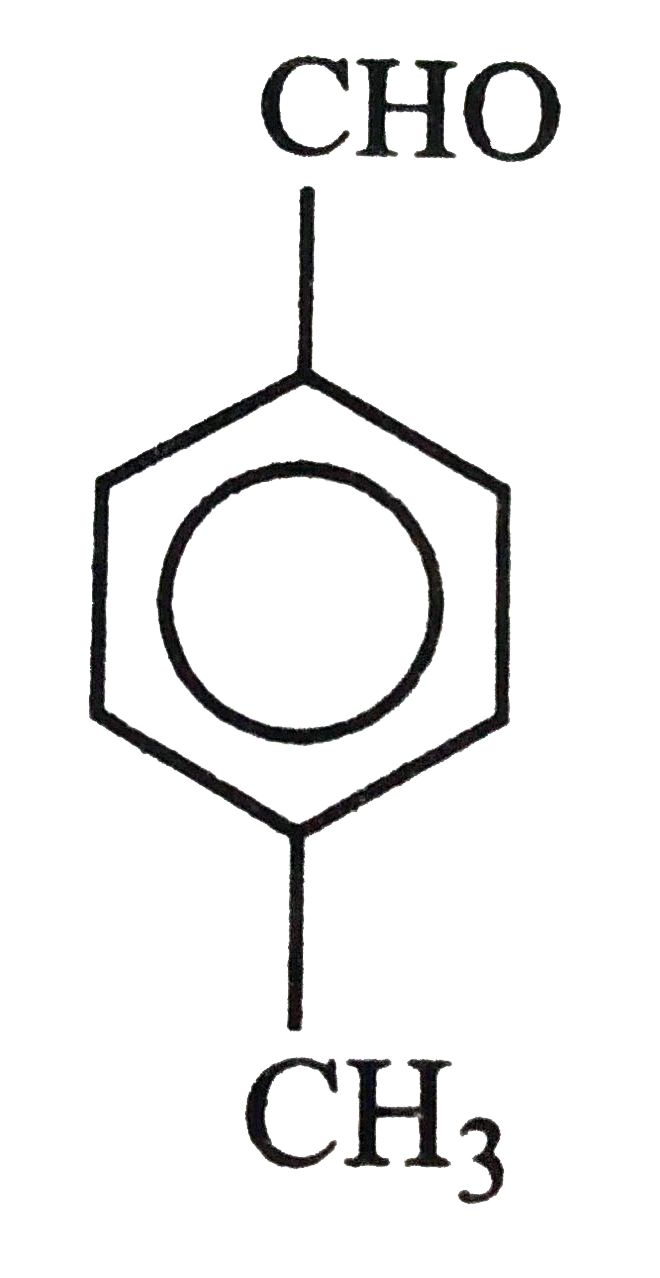 D
D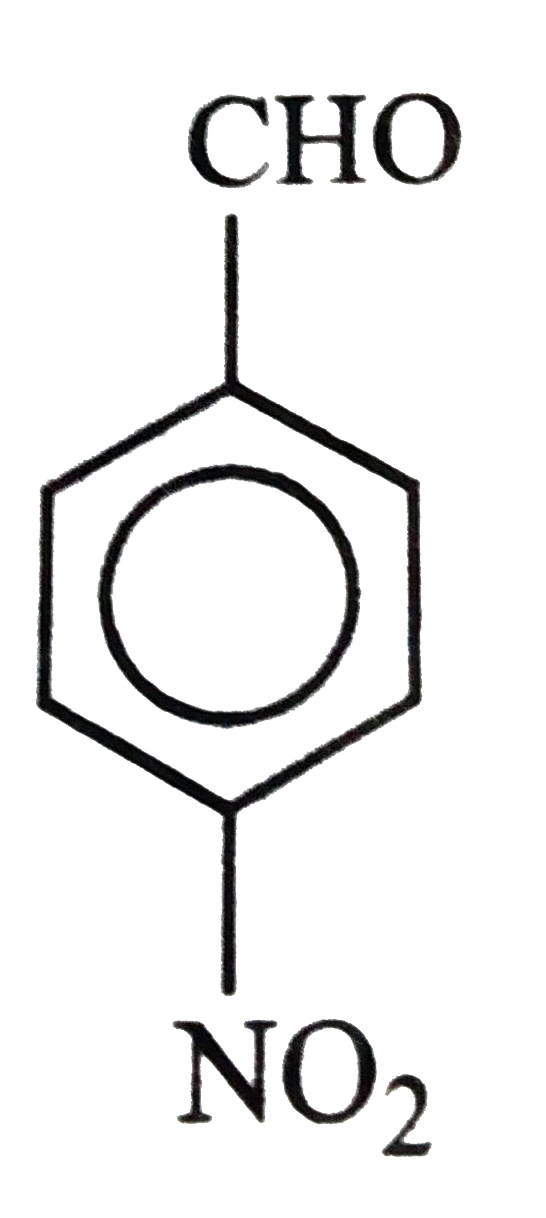
Which one is most reactive towards nucleophilic addition reaction?
View SolutionWhich one is most reactive towards nucleophilic addition reaction?
View SolutionWhich one is most reactive towards Nucleophilic addition reaction
View SolutionWhich one is most reactive towards Nucleophilic addition reaction?
View SolutionWhich one is most reactive towards nucleophilic addition reaction?
View Solution

